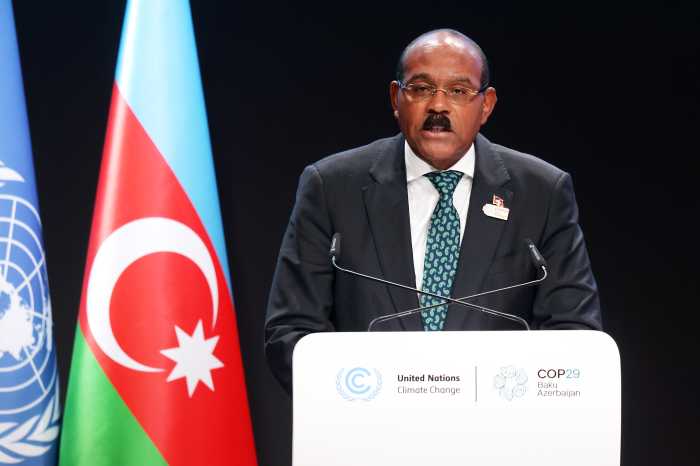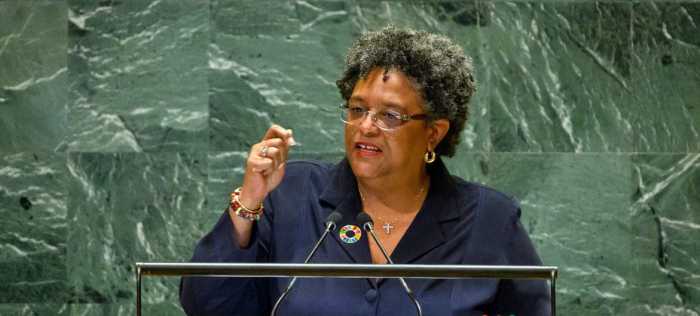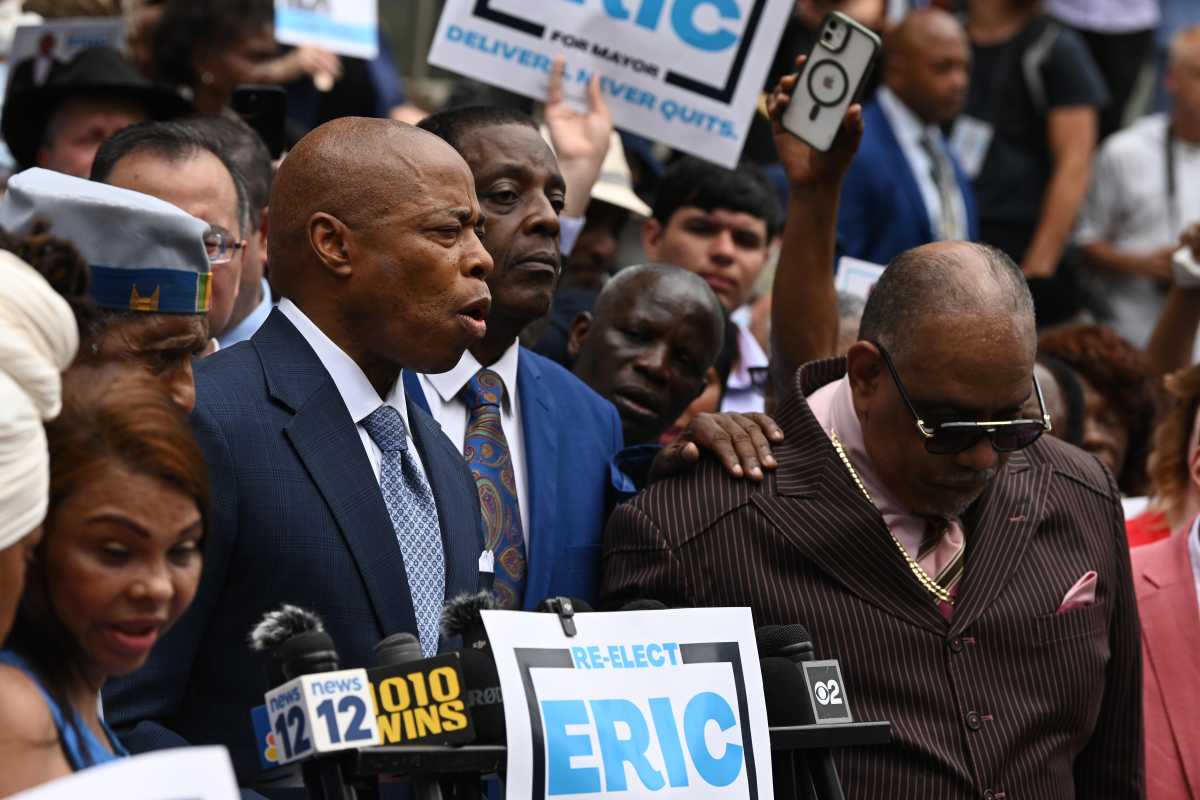The elections in Barbados, constitutionally due on or sometime before June 6 may see a new set of mostly Caribbean voters from other islands coming forward to shape the leadership team for the next five years.
The likelihood of thousands of other Caribbean nationals resident in Barbados voting in the 2018 elections emerged this week after Chief Justice Sir Marston Gibson ruled that British Commonwealth Citizens legally resident in Barbados for three years and over are entitled to vote in elections for parliamentary representatives.
His declaration in the Supreme Court Monday was in response to a petition by a St. Lucian, a Grenadian, a Montserratian, and a Jamaican, who said that they were rejected when they attempted to have their names added to the electoral list of voters for the coming elections for 30 members of Parliament.
These persons said officers at the Electoral and Boundaries Commission that supervises the island’s elections, told them that they were not eligible to be on the list because they were not permanent residents, did not hold immigrant status, and were not citizens of Barbados.
But Sir Marston ruled that excluding them from the voters list is a violation of the Representation of the People Act and it was against the law for civil servants to take that authority upon themselves.
“Only the Parliament of Barbados has the power to insert those conditions,” he said, adding “the decision not to register was unlawful as it violated the provisions in Chapter 12 [of the Act].”
Going by Barbados’ last population census, conducted in 2010, the Chief Justice’s decision throws the ballot box open to thousands of Commonwealth citizens living on the island with the majority being 14,806 nationals of other CARICOM states.
Barbados’ censuses are conducted every 10 years, so consideration must be given to likely changes in the numbers eight years after the last count as some emigrants might have left while other came in, and there would be deaths.
That nonetheless still leaves the figure of Commonwealth emigrants in Barbados numbering in the thousands.
Guyanese led the list in the census, numbering 6,277. Persons from St. Vincent and the Grenadines are a distant second with 2,964 nationals, and British citizens account 2,389. The English are closely followed by St. Lucia with 2,073 nationals.
These numbers are extracted out of total resident population of 277,821, of which just about 200,000 are voters.
These thousands of CARICOM and British nationals who might have been resident in Barbados for three years and therefore qualify to vote can however make a difference when it is considered that in the 2013 elections there were some tiny margins of victory with one parliamentarian winning a seat by just eight votes, and another romping home to victory by just 39 votes.
One of the lawyers who successfully argued the case of the petitioners, Wilfred Abrahams, said, “for a number of years the Electoral and Boundaries Commission has been refusing to register Commonwealth citizens living in Barbados. We had been mooting this for a while, but we had difficulty getting a complainant, someone who wanted to step forward and do it.”




























